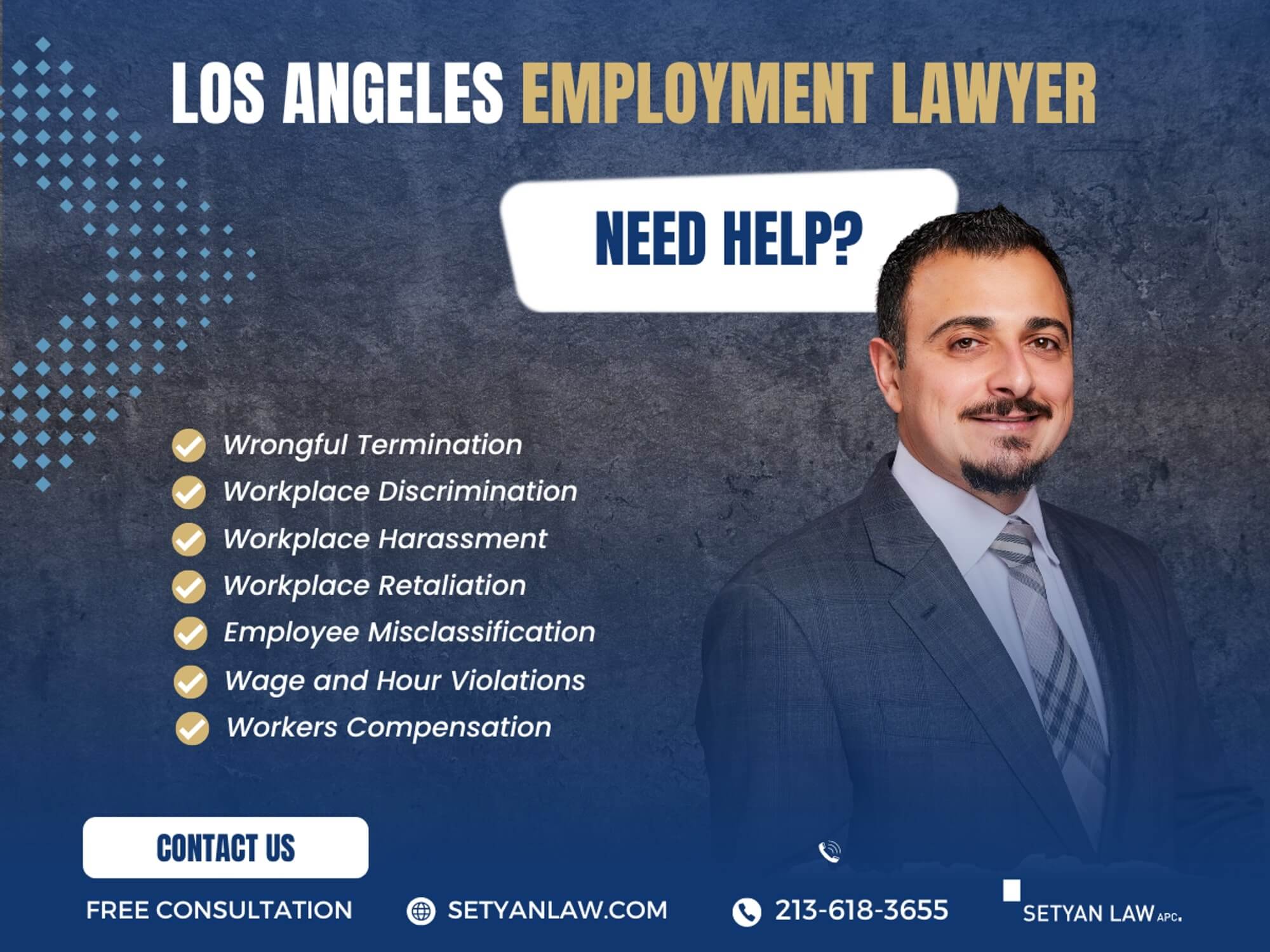Updated September 23, 2024
Origins of The Federal False Claims Act
The federal government has long prioritized the fight against fraud, and the False Claims Act (FCA) stands as a cornerstone of this ongoing battle. Signed into law by President Abraham Lincoln and enacted during the Civil War, this groundbreaking legislation has evolved over the decades to become one of the most formidable anti-fraud tools in the U.S. At its core, the FCA imposes substantial legal liability on those who attempt to deceive the government, enabling the recovery of taxpayer funds and serving as a powerful deterrent against fraudulent activities. Over the years, the FCA has undergone several revisions, each strengthening its provisions and expanding its reach.
The Qui Tam Provision: Empowering Whistleblowers
A defining feature of the FCA is the “qui tam” provision, which allows private individuals, known as whistleblowers, to file lawsuits on behalf of the government. This innovative mechanism incentivizes individuals with insider knowledge of fraudulent activities to come forward, as they are eligible to receive a portion of the government’s recovery. By tapping into the expertise and courage of whistleblowers, the FCA has proven to be an enormously successful tool in the fight against fraud.
Scope and Applicability of the False Claims Act
The FCA’s scope is remarkably broad, extending beyond the borders of the United States. As long as there is federal spending, procurement, or contracting involved, the FCA can be applied. Additionally, the law encompasses both civil and criminal cases, providing a versatile framework for addressing a wide range of fraudulent practices.
Liability and Penalties Under the False Claims Act
The FCA imposes severe consequences on those found guilty of defrauding the government. Perpetrators can be held liable for three times the government’s damages, as well as substantial civil penalties that are linked to inflation. This powerful combination of treble damages and escalating penalties serves as a strong deterrent and underscores the government’s commitment to holding wrongdoers accountable.
The “First to File” Rule: Incentivizing Timely Whistleblowing
The FCA’s “first to file” provision is a crucial element that encourages timely whistleblowing. This rule stipulates that only the first individual to file a qui tam lawsuit based on a specific set of facts is eligible to receive a portion of the government’s recovery. This incentive structure discourages duplicative lawsuits and ensures that the government is alerted to fraudulent activities as soon as possible.
Reverse False Claims: Expanding the Scope of Liability
The FCA’s reach extends beyond traditional instances of fraudulent billing or the provision of substandard goods and services. The concept of “reverse false claims” encompasses situations where an entity has prevented the government from collecting what it is owed, such as through customs violations or the undervaluation of imported goods. This expansive interpretation of the FCA has further strengthened its effectiveness in combating a wide range of fraudulent practices.
The False Claims Act’s Remarkable Success
The FCA’s impact on the fight against fraud is undeniable. Since the 1986 amendments that significantly increased the law’s effectiveness, the government has recovered over $46.5 billion through FCA-related settlements and judgments. Whistleblowers have played a crucial role in this success, responsible for 72% of the funds recovered in contracting or procurement fraud cases. The FCA’s remarkable track record has inspired numerous states to enact their own versions of the law, further expanding its reach and impact across the country.
The Importance of Timeliness in Filing FCA Claims
Time is of the essence when it comes to filing FCA claims. The law’s statute of limitations sets strict deadlines, requiring either:
- Filing within six years of the fraudulent act or;
- Filing within three years of the government’s discovery of the fraud, with a maximum of ten years from the date of the violation.
Prompt action is essential, as delays can make it increasingly difficult to gather evidence and secure witness testimony, ultimately jeopardizing the success of the case.
Whistleblower Protections: Safeguarding Those Who Speak Up
The FCA’s whistleblower protections are a critical component of its framework. Individuals who file qui tam lawsuits are shielded from retaliation by their employers, such as wrongful termination, demotion, or other adverse actions. These protections empower whistleblowers to come forward without fear of repercussions, further strengthening the government’s ability to uncover and address fraudulent activities.
The False Claims Act as a Model for Other Whistleblower Programs
The FCA’s success has made it a model for the implementation of other whistleblower programs. The insights and best practices gleaned from the FCA’s implementation can be applied to enhance the effectiveness of similar initiatives in various sectors, demonstrating the transformative potential of empowering individuals to expose fraud and misconduct.
The Ongoing Significance of the False Claims Act
As the government’s most effective civil tool in protecting vital programs from fraud, the False Claims Act remains a cornerstone of the fight against waste, abuse, and deception. Its ability to incentivize whistleblowers, impose severe penalties on wrongdoers, and recover substantial sums of taxpayer money has solidified its status as a crucial weapon in the arsenal of anti-fraud measures. The FCA’s enduring relevance and impact serve as a testament to its enduring significance in safeguarding the integrity of government operations and the public trust.
Reclaiming Your Workplace Rights
Toxic work environments can be a formidable challenge, but with a clear understanding of the warning signs and a steadfast commitment to positive change, organizations can reclaim the workplace as a space of collaboration, growth, and fulfillment. By prioritizing effective communication, inclusive leadership, and employee well-being, employers can not only mitigate the immediate consequences of toxicity but also position themselves for long-term success and sustainability.
Don’t wait until it’s too late. Contact Setyan Law today and take the first step towards a safer, more inclusive future for your organization.






